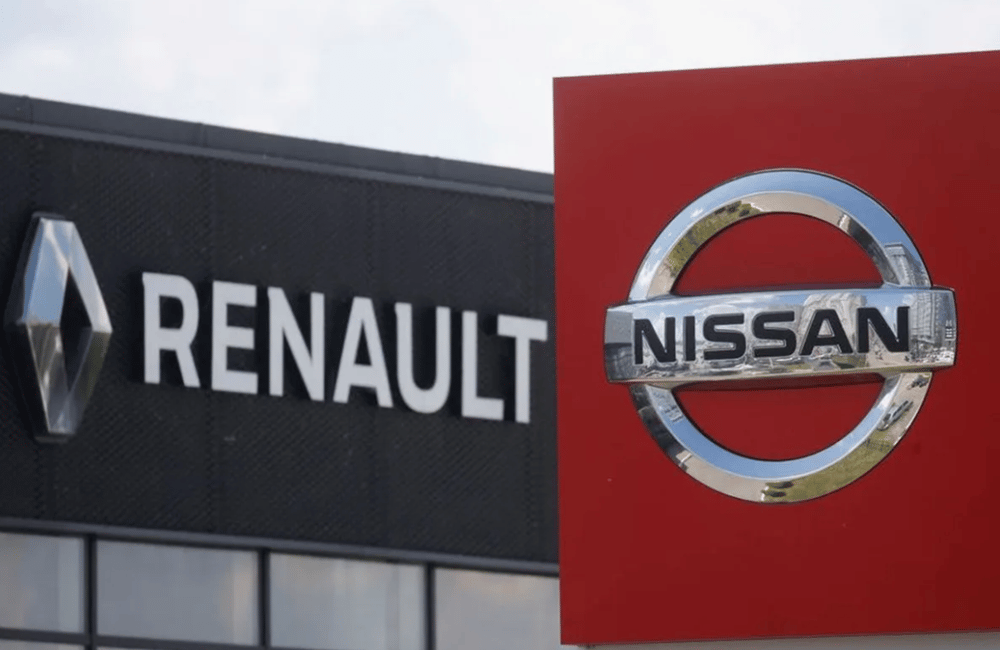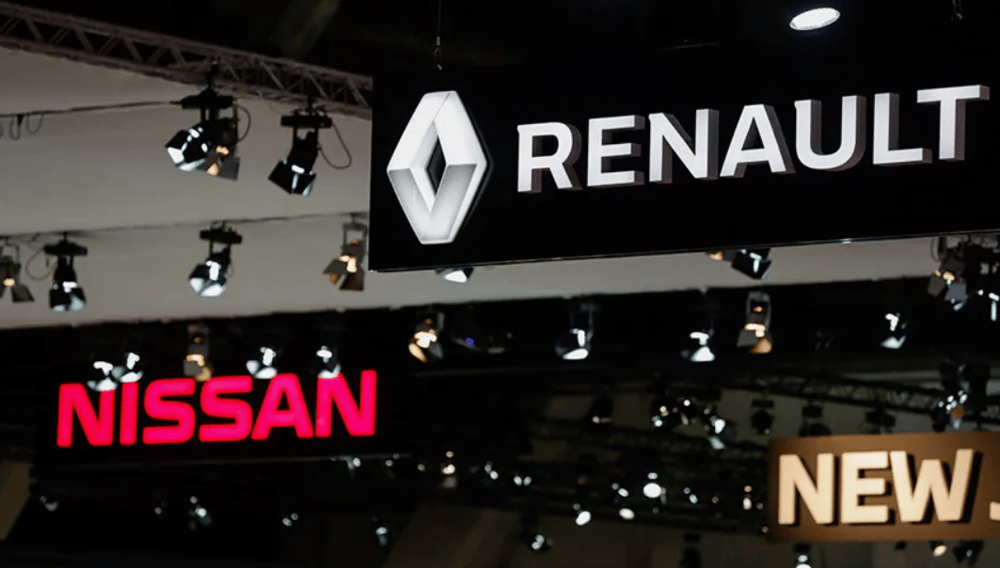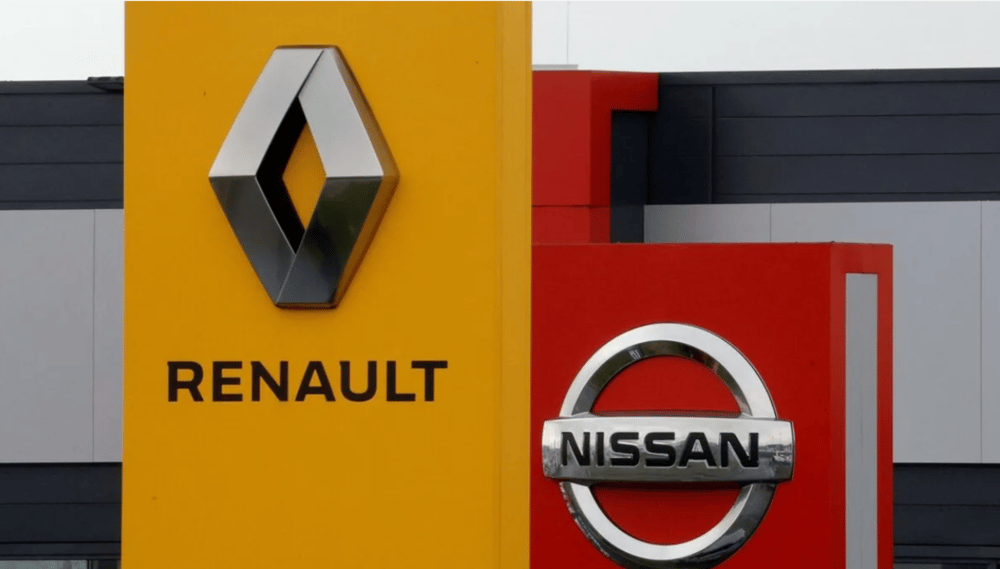Nissan Motor Plans Stake Reduction in Renault Amid Alliance Restructuring
Nissan Motor Co., Ltd. $7201.T recently announced intentions to reduce its equity stake in its longstanding French partner Renault S.A. $RNO.PA, as reported by Nikkei. This development follows the joint March 2025 agreement between the two automakers to lower their mandatory minimum ownership in each other from 15% to 10%. The Nissan-Renault alliance, a cornerstone of global automotive cooperation, is undergoing strategic realignment to adapt to shifting market dynamics, regulatory environments, and corporate governance demands.
Analysis of Nissan’s Stake Reduction in Renault and Implications for the Renault-Nissan Alliance
The decision by Nissan’s CEO Ivan Espinosa to scale back the company’s equity holding in Renault represents a significant milestone in the evolving alliance framework. Established over two decades ago, the Renault-Nissan partnership has historically involved reciprocal cross-shareholdings designed to foster collaboration in product development, technology sharing, and market expansion.
The March agreement to reduce the minimum shareholding from 15% to 10% effectively loosens the tight financial interdependencies and allows both companies greater flexibility in managing their capital structures. However, the agreement maintains critical safeguards, including coordination requirements for any share disposals and a right of first refusal, ensuring that any stake changes occur with mutual consent and protect alliance stability.
This stake reduction reflects broader strategic priorities, including Nissan’s aim to optimize its balance sheet and free capital for investment in new technologies such as electric vehicles (EVs) and autonomous driving. At the same time, it signals potential shifts in governance dynamics within the alliance, as ownership dilution could affect voting power and influence.
Market analysts view this move as Nissan’s strategic recalibration in response to competitive pressures and evolving industry standards, especially as automakers race to meet carbon emissions targets and technological innovation milestones.

Nissan’s Stake Reduction Plan and Alliance Agreement Details
🚗 Nissan Motor plans to reduce its stake in Renault from 15% to 10%.
🤝 Both companies agreed in March 2025 to lower required minimum shareholdings mutually.
⚖️ Sale of shares must be coordinated and includes right of first refusal for the other party.
🔋 Strategic rationale includes capital reallocation toward EVs and emerging technologies.
🏛️ The move affects alliance governance and voting power dynamics.
Market Reaction and Expert Commentary on Nissan-Renault Stake Adjustment
Following the announcement, shares of Renault experienced mild volatility amid investor uncertainty about the future strength of the alliance. Nissan’s shares displayed relatively stable performance, reflecting market confidence in the company’s strategic direction.
Industry commentators emphasize that while the reduction in cross-shareholdings might reduce financial entanglement, it does not necessarily signify a weakening of operational collaboration. Both automakers continue to cooperate extensively on joint ventures, platform sharing, and R&D projects.
Regulatory factors also play a role, as cross-shareholdings have come under scrutiny in several jurisdictions for potentially limiting transparency or complicating governance. Thus, the move to lower mandatory stakes aligns with improving corporate governance standards while maintaining strategic cooperation.

Strategic and Market Implications of Nissan’s Stake Reduction
Stake reduction increases financial flexibility for Nissan amid capital needs.
Maintained coordination and right of first refusal preserve alliance stability.
Potential influence dilution in Renault governance for Nissan.
Market reaction indicates cautious investor approach but no major sell-off.
Alignment with evolving corporate governance and regulatory expectations.
Strategic Importance of Nissan’s Stake Reduction in Renault Within the Global Auto Industry
Nissan Motor’s decision to reduce its equity stake in Renault marks a pivotal moment in the ongoing transformation of one of the world’s most notable automotive alliances. By easing cross-shareholding constraints while preserving mutual coordination rights, both companies are adapting to evolving financial and regulatory environments without jeopardizing their collaborative operational framework.
This recalibration supports Nissan’s strategic priorities, particularly its investments in electrification and innovation, positioning the alliance to remain competitive amid rapid industry disruption. For Renault, the change may influence shareholder dynamics but is unlikely to diminish the strategic partnership’s core benefits.
Ultimately, this stake reduction exemplifies the balancing act faced by legacy automakers: maintaining cooperative synergies while evolving governance and capital structures to meet the demands of a fast-changing global automotive landscape.















Comments
This type of transaction could reshape how automation integrates into next-generation technologies
This shift in Nissan's stake signals a pivotal moment for the iconic alliance as both companies recalibrate for the future.